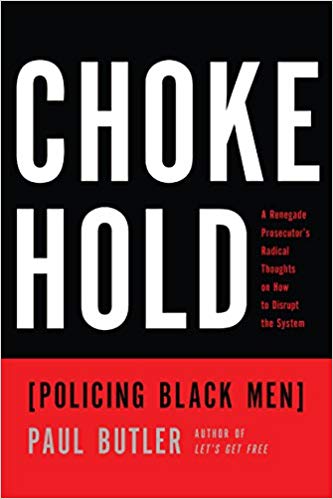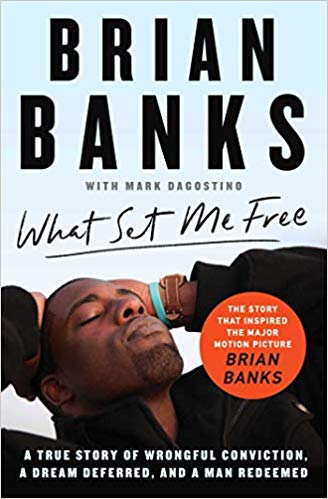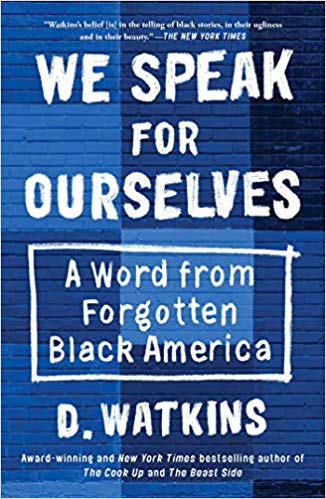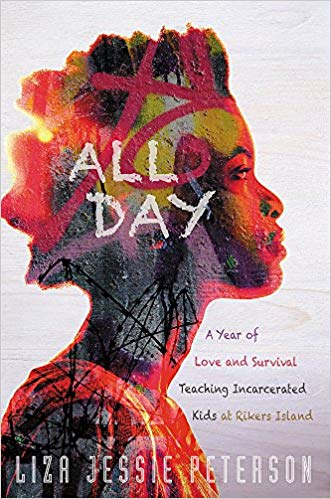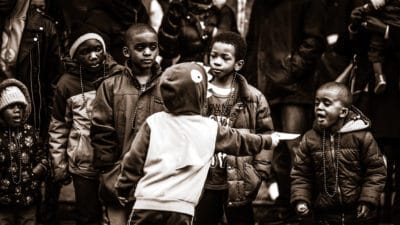
On the whole, black boys fare worse that white boys on just about every measure:
They are more likely to fail in schools, and more likely to drop out prior to graduation.
They are less likely to attend (or graduate) from college, and less likely to land a good-paying job.
They are more likely to expelled — beginning in PRESCHOOL! — and more likely to arrested and jailed.
They’re more likely to die of violence and suicide.
We Can’t Ignore Black Boys’ Challenges
Black boys face all the challenges their lighter-skinned counterparts face — a society that views boy energy as problematic rather than filled with potential, a school system that doesn’t respect male development and a culture that too often strictly limits males’ expression. But, because of the color of their skin and centuries of systemic racism, black boys also grapple with additional challenges, often with fewer resources.
On ON BOYS podcast, we recently interviewed Chandra White-Cummings, an African-American mom of 2 now-grown boys, about how to support black boys’ mental health. White-Cummings, a lawyer who’s served as a policy fellow for Moms of Black Boys United, thanked us for having her on the show; all too often, she says, the voices of African-American women and mothers are absent from the conversation. And all too often, society at large doesn’t listen to or amplify the voices of black people; instead, problems are often only “noticed” and addressed after a white researcher studies them.
That’s a mistake. And it’s wrong. Anyone who truly wants to help black boys must first understand their experience, and that, she said, is best done by learning and listening. Here are 4 books she recommends:
Writing My Wrongs: Life, Death, and Redemption in an American Prison, by Shaka Senghor
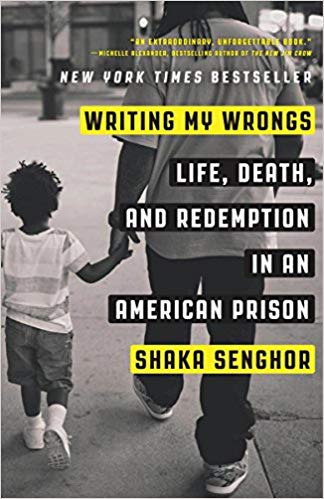
Chokehold: Policing Black Men, by Paul Butler
